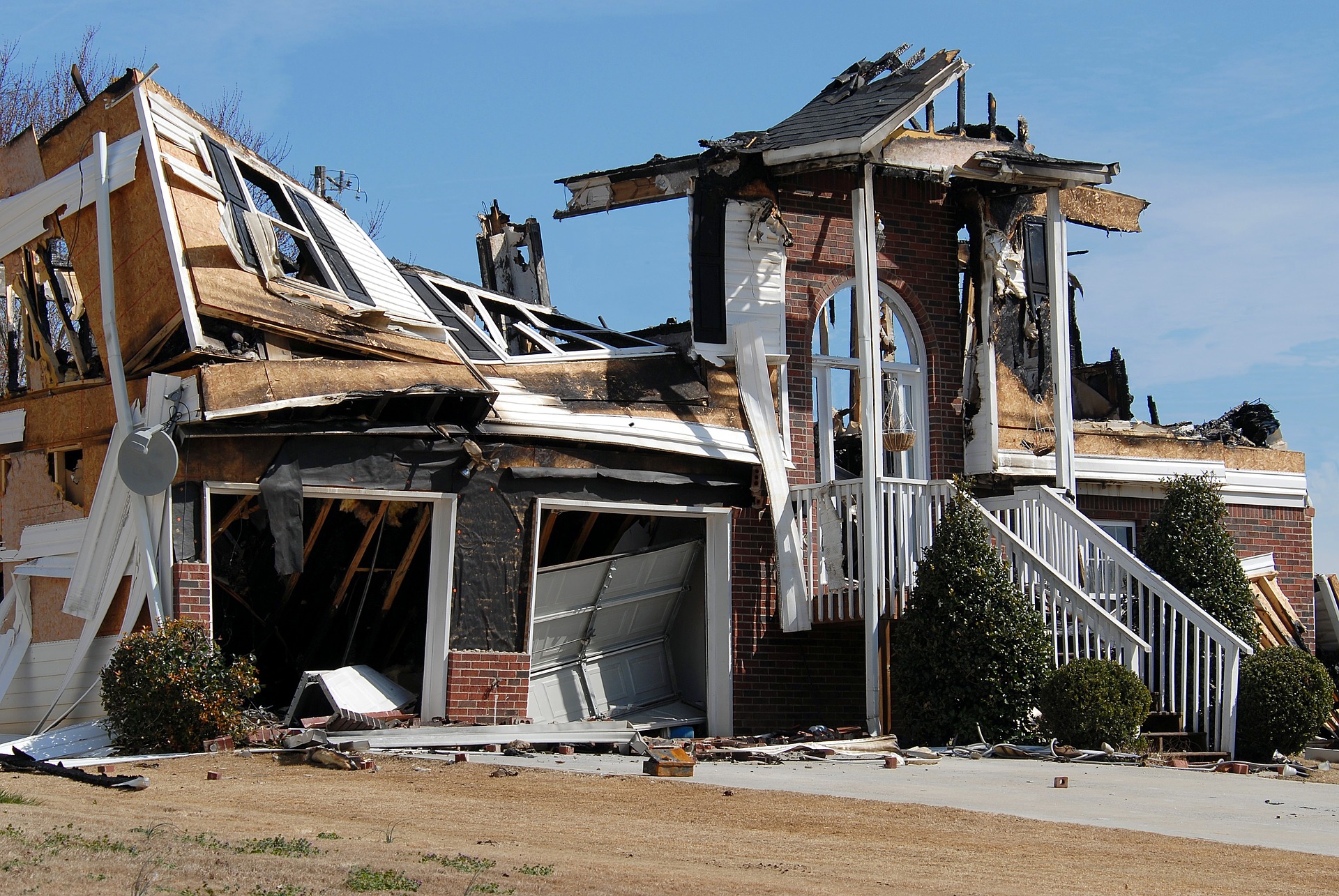
by GSSI | Aug 24, 2017 | Blog, Residential
About 45 house fires, including condos, are reported every hour in the U.S., and 60 percent of fires are started by cooking equipment. More than 12 million unintentional home / condo cooking fires go unreported causing 640,000 injuries annually. It just takes...
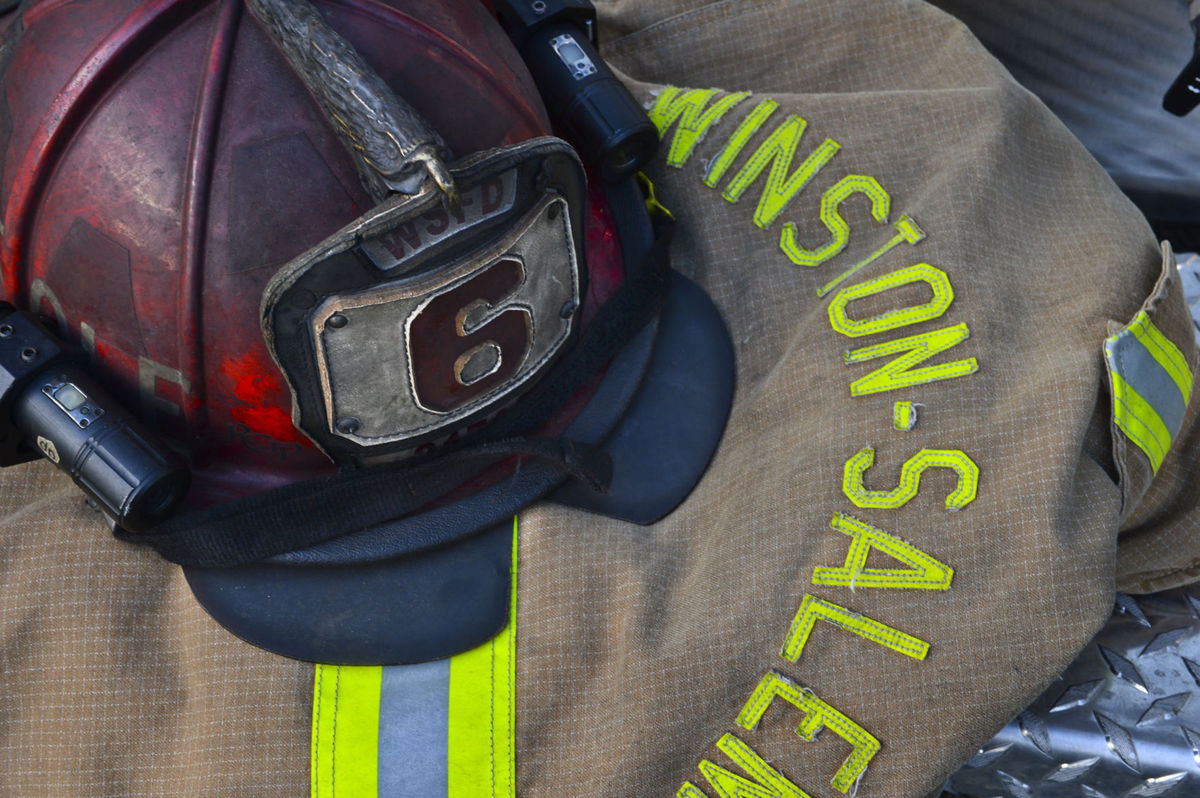
by GSSI | May 12, 2017 | Blog, Residential
Winston-Salem North Carolina Fire Department reports that there were 22 kitchen cooking fires already this year. In 2016, there were 70 kitchen fires, up from 57 the year before. The Department has been installing 500 stove top fire suppression devices in high fire...
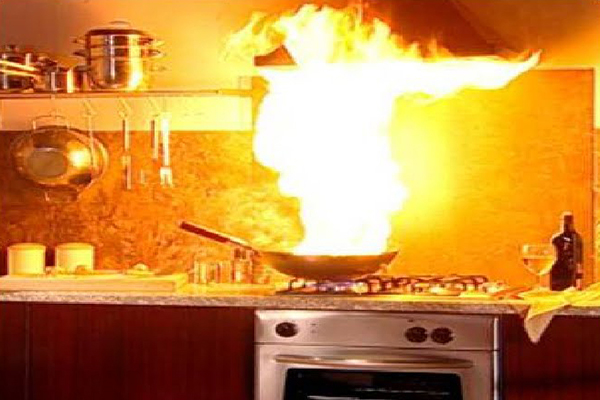
by GSSI | Mar 13, 2017 | Blog, Multi-Family, Residential, Senior Living
Smart Safety: Kitchen Fire Safety Guardian Safety Solutions International, Inc. (GSSI), the nation’s largest provider of range top fire suppression systems, wants to share tips for kitchen fire safety. Based on 2009-2013 annual averages, cooking equipment was the...
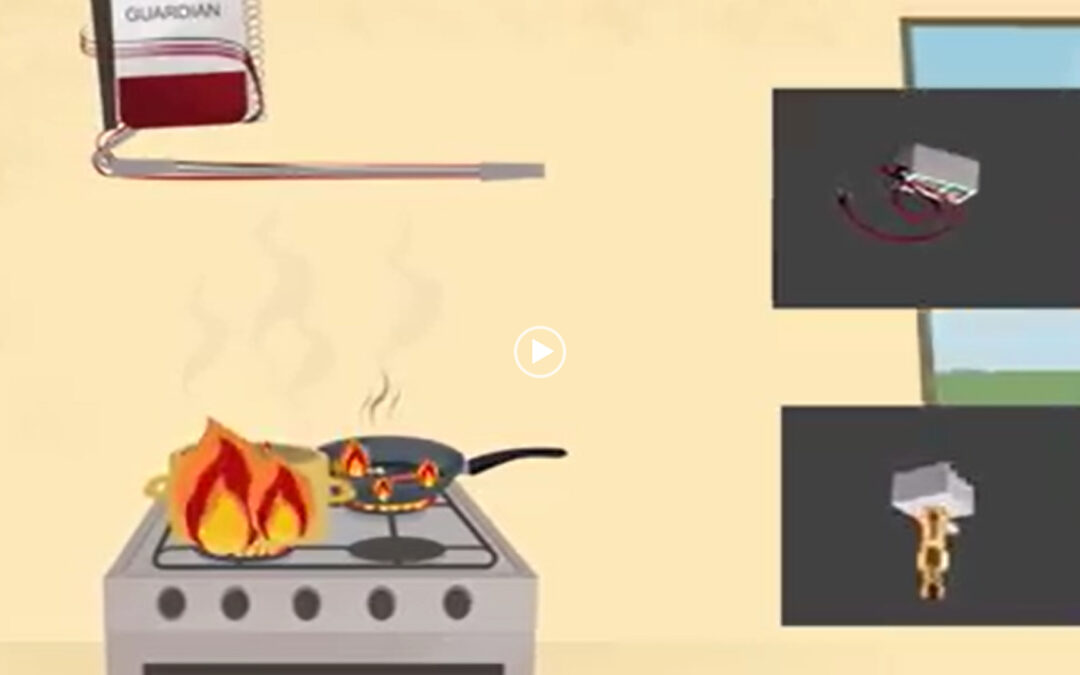
by GSSI | Mar 7, 2017 | Blog, Multi-Family, Residential, Senior Living
Children and the elderly have the highest percentage of injury and death do to household fires. Protect you and your family.Don’t go another day unnecessarily risking your safety and damage to property. Learn More ...
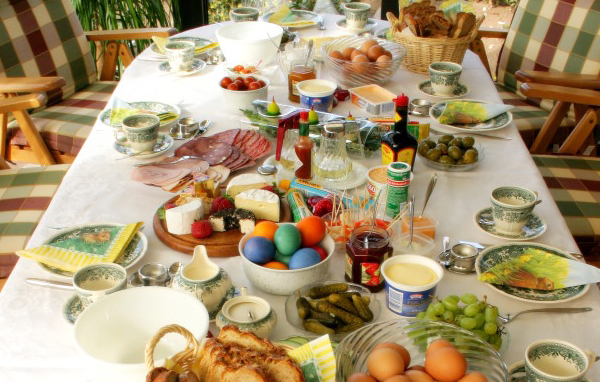
by Guardian Safety Solutions International | Sep 6, 2015 | Blog, Recipes, Residential
There are so many things to look forward to over this Labor Day weekend! Families and friends gather for BBQs, picnics and potluck. As you enjoy a long weekend with friends and loved ones, old and new, here are some smart ways to prepare those holiday dishes and...
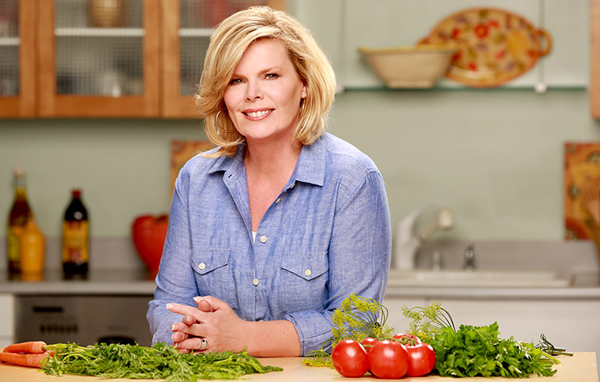
by Guardian Safety Solutions International | Aug 17, 2015 | Blog, Multi-Family, Residential
We stumbled on a great bunch of kitchen safety tips Leanne Ely who goes by the moniker the Dinner Diva. Take these to heart and read more at SavingDinner.com. Of course, to be extra safe, install the Guardian III G300B which puts out range top fires in seconds. Be...







